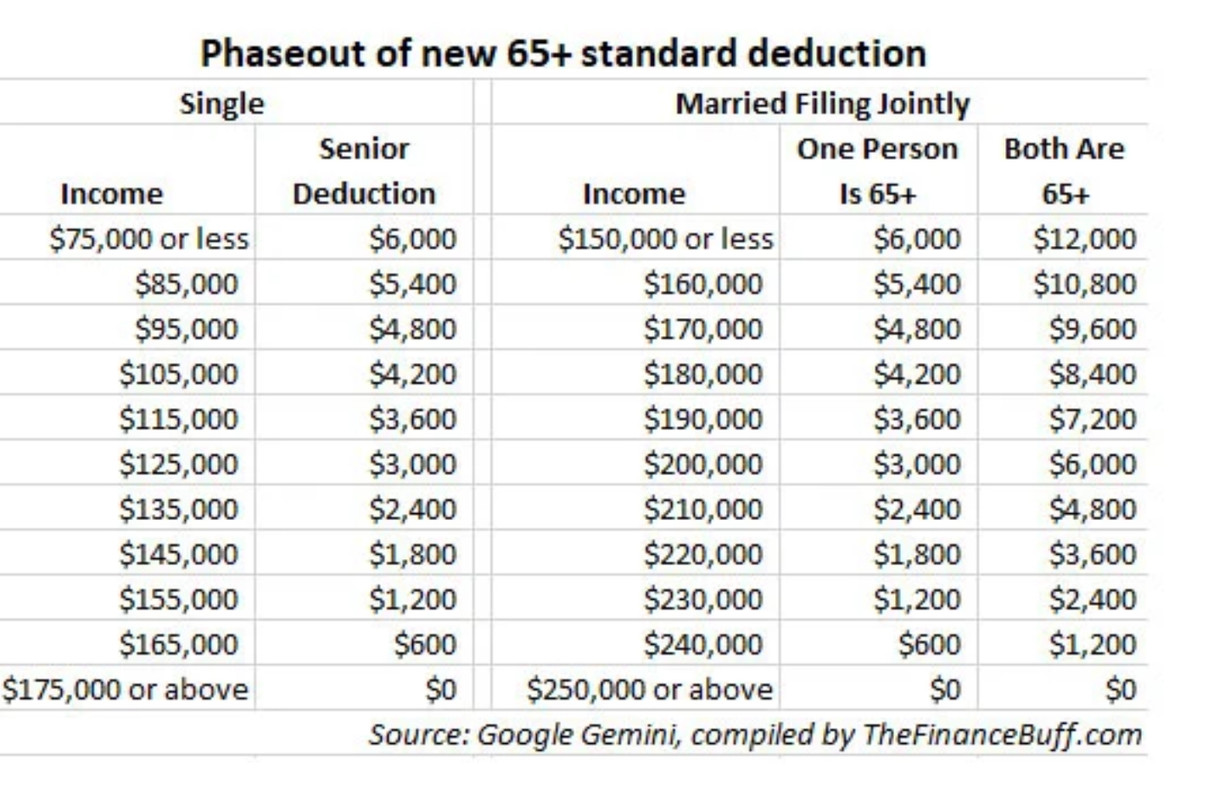Understanding the Foreign Earned Earnings Exemption and Its Effect on Your Standard Reduction
The Foreign Earned Income Exclusion (FEIE) offers substantial advantages for migrants, allowing them to exclude a section of their foreign-earned earnings from united state tax. Declaring the FEIE can make complex one's tax situation, especially concerning the basic reduction. Understanding this communication is crucial for people living abroad. As expatriates navigate these complexities, they should consider exactly how their selections affect their general tax obligation responsibility. What approaches can they utilize to optimize their financial results?
What Is the Foreign Earned Revenue Exclusion (FEIE)?
The Foreign Earned Earnings Exclusion (FEIE) serves as a vital tax benefit for U.S. people and resident aliens working abroad. This provision allows qualified individuals to omit a considerable part of their foreign-earned revenue from U.S. taxation, effectively decreasing their total tax worry. The FEIE intends to minimize the monetary pressure on migrants and urges Americans to pursue employment opportunities in foreign markets. The exclusion applies to incomes, incomes, and specialist costs gained while living in a foreign nation. The optimal exclusion quantity is adjusted every year for inflation, guaranteeing that it continues to be pertinent to present economic conditions. By using the FEIE, expatriates can keep even more of their earnings, promoting economic stability while living overseas. Overall, the FEIE plays a crucial duty in shaping the financial landscape for Americans abroad, assisting in a smoother shift to global workplace and advertising economic engagement on an international scale.
Eligibility Needs for the FEIE
Qualification for the Foreign Earned Earnings Exclusion (FEIE) rests upon conference details criteria established by the Internal Revenue Solution (INTERNAL REVENUE SERVICE) Mainly, people need to be U.S. residents or resident aliens that make revenue while living in a foreign nation. To certify, they should please either key tests: the Physical Existence Test or the Authentic Residence Test.
The Physical Visibility Test calls for individuals to be literally present in an international country for a minimum of 330 full days within a 12-month period - FEIE Standard Deduction. Alternatively, the Bona Fide Home Examination requires that people develop residency in a foreign country for a nonstop period that consists of an entire tax year
In addition, the income needs to be stemmed from personal services done in the foreign country. Satisfying these demands allows taxpayers to omit a substantial portion of their foreign-earned income from united state taxes, therefore lowering their overall tax obligation responsibility.
How to Assert the FEIE

To begin the procedure, people should gather documents that validate their foreign incomes, such as pay stubs, tax returns from international nations, and any appropriate employment contracts. It is very important to assure all income declared under the FEIE is earned from foreign resources and meets the needed thresholds.
Furthermore, taxpayers must think about submitting target dates and any type of feasible expansions. Claiming the FEIE appropriately not only assists in decreasing tax obligation obligation yet additionally ensures conformity with IRS laws. Appropriate documents and adherence to standards are essential for a successful claim of the Foreign Earned Income Exclusion.
The Interaction Between FEIE and Conventional Reduction
The communication in between the Foreign Earned Revenue Exclusion (FEIE) and the basic reduction is an essential facet of tax planning for migrants. Understanding the standard concepts of FEIE, along with the constraints of the conventional reduction, can considerably influence tax obligation declaring approaches. This area will certainly discover these components and their effects for taxpayers living abroad.
FEIE Essentials Clarified
While several expatriates seek to reduce their tax problem, understanding the interaction in between the Foreign Earned Income Exemption (FEIE) and the typical reduction is necessary. The FEIE permits united state people and resident aliens living abroad to omit a certain amount of foreign earned earnings from U.S. tax. This exemption can significantly reduce gross income, possibly influencing eligibility for various other deductions, such as the standard reduction. Incredibly, individuals that declare the FEIE can not additionally take the basic deduction against the omitted revenue. As a result, expatriates should carefully assess their overall revenue and reductions to enhance their tax obligation scenario. Awareness of these communications can result in more educated economic decisions and far better tax strategies for expatriates steering with their distinct circumstances.
Standard Deduction Limitations
Comprehending the restrictions of the common reduction in regard to the Foreign Earned Earnings Exclusion (FEIE) is vital for migrants navigating their tax obligation obligations. While the FEIE allows qualifying individuals to exclude a certain quantity of foreign-earned earnings from united state tax, it can influence the common reduction they are qualified to case. Particularly, taxpayers that declare the FEIE can not also claim the standard reduction on that particular left out earnings. In addition, if an expatriate's total revenue falls below the typical deduction limit, they might not gain from it in all. This interplay requires mindful planning to maximize tax benefits, as underutilizing the standard deduction can lead to higher taxed revenue and enhanced tax obligation. Understanding these restrictions is critical for efficient tax obligation strategy.
Tax Obligation Declaring Ramifications
Navigating the tax filing ramifications of the Foreign Earned Revenue Exclusion (FEIE) needs cautious factor to consider of just how it communicates with the standard reduction. Taxpayers making use of the FEIE can leave out a significant section of their foreign-earned revenue, but this exemption impacts their qualification for the standard reduction. Especially, if a private claims the FEIE, they can not additionally claim the typical deduction for that earnings. This can cause a lower overall tax obligation yet might complicate the filing process. Additionally, taxpayers must guarantee compliance with IRS requirements when submitting Type 2555 for additional resources the FEIE. Understanding these interactions is vital for see this here optimizing tax advantages while staying clear of possible challenges in the filing process. Mindful planning can make the most of advantages and reduce obligations.
Prospective Tax Effects of Utilizing the FEIE
The Foreign Earned Earnings Exclusion (FEIE) offers significant tax obligation benefits for U.S. citizens functioning abroad, however it also comes with potential effects that call for careful factor to consider. One significant consequence is the influence on eligibility for specific tax credit reports and deductions. By electing to make use of the FEIE, taxpayers might accidentally decrease their adjusted gross earnings, which can limit accessibility to credit reports like the Earned Revenue Tax obligation Credit or reduce the quantity of basic reduction readily available.
In addition, people who use the FEIE may deal with difficulties when going back to the united state tax obligation system, particularly concerning the tax of future revenue. The exclusion applies only to gained revenue, indicating various other revenue kinds, such as rewards or interest, continue to be taxable. This difference necessitates precise record-keeping to assure compliance. Ultimately, the FEIE might influence state tax responsibilities, as some states do not identify the exclusion and may exhaust all revenue made by their citizens, no matter of where it is gained.
Tips for Maximizing Your Tax Advantages While Abroad
While working abroad can be enhancing, it also presents unique chances to enhance tax benefits. To take full advantage of these advantages, individuals should initially determine their eligibility for the Foreign Earned Income Exemption (FEIE) and take into consideration the physical presence test or the authentic home test. Maintaining thorough records of all income gained and expenses incurred while abroad is crucial. This documentation sustains claims for reductions and credit scores.
Furthermore, recognizing the tax treaties between the USA and the host nation can help stay clear of dual tax. Individuals must also check out contributions to tax-advantaged accounts, such as IRAs, which may supply further reductions.

Seeking advice from a tax obligation specialist specializing in expatriate tax regulation can provide customized techniques and guarantee compliance with both United state and international tax obligations. By taking these actions, migrants can effectively boost their financial circumstance while living abroad.
Often Asked Concerns
Can I Utilize FEIE if I Work for a Foreign Federal government?
Yes, an individual can utilize the Foreign Earned Revenue Exemption (FEIE) while functioning for a foreign federal government, offered they satisfy the requisite problems laid out by the internal revenue service, including the physical existence or bona fide house tests.

Does FEIE Relate To Self-Employment Earnings?
The Foreign Earned Income Exemption (FEIE) does relate to self-employment earnings, provided the individual meets the essential demands. Eligible self-employed people can exclude certifying revenue gained while residing in an international country from taxation.
Suppose My Foreign Revenue Exceeds the FEIE Limitation?
The excess amount may be subject to U.S. taxes if international revenue goes beyond the FEIE limit. Taxpayers have to report and pay taxes on the income over the exclusion threshold while still taking advantage of the exemption.
Can I Assert the FEIE and Detail Deductions?
Yes, people can declare the Foreign Earned Earnings Exclusion (FEIE) while likewise itemizing reductions. Nevertheless, they have to be aware that asserting the FEIE may impact the availability of certain itemized deductions on their income tax return.
Just How Does FEIE Influence My State Tax Obligation Commitments?
The Foreign Earned Earnings Exclusion can reduce state tax commitments, as several states comply with federal guidelines. Specific state regulations differ, so it's crucial to speak with state tax obligation policies for certain ramifications on tax duties.
The Foreign Earned Earnings Exemption (FEIE) provides considerable advantages go to these guys for expatriates, permitting them to omit a part of their foreign-earned income from U.S. taxation. While many expatriates look for to reduce their tax obligation burden, understanding the communication between the Foreign Earned Income Exclusion (FEIE) and the typical deduction is essential. Understanding the limitations of the common deduction in connection to the Foreign Earned Revenue Exemption (FEIE) is crucial for expatriates navigating their tax obligation responsibilities. The exemption applies only to made income, indicating other income types, such as rewards or passion, continue to be taxed. The Foreign Earned Revenue Exemption (FEIE) does use to self-employment income, gave the private fulfills the required demands.